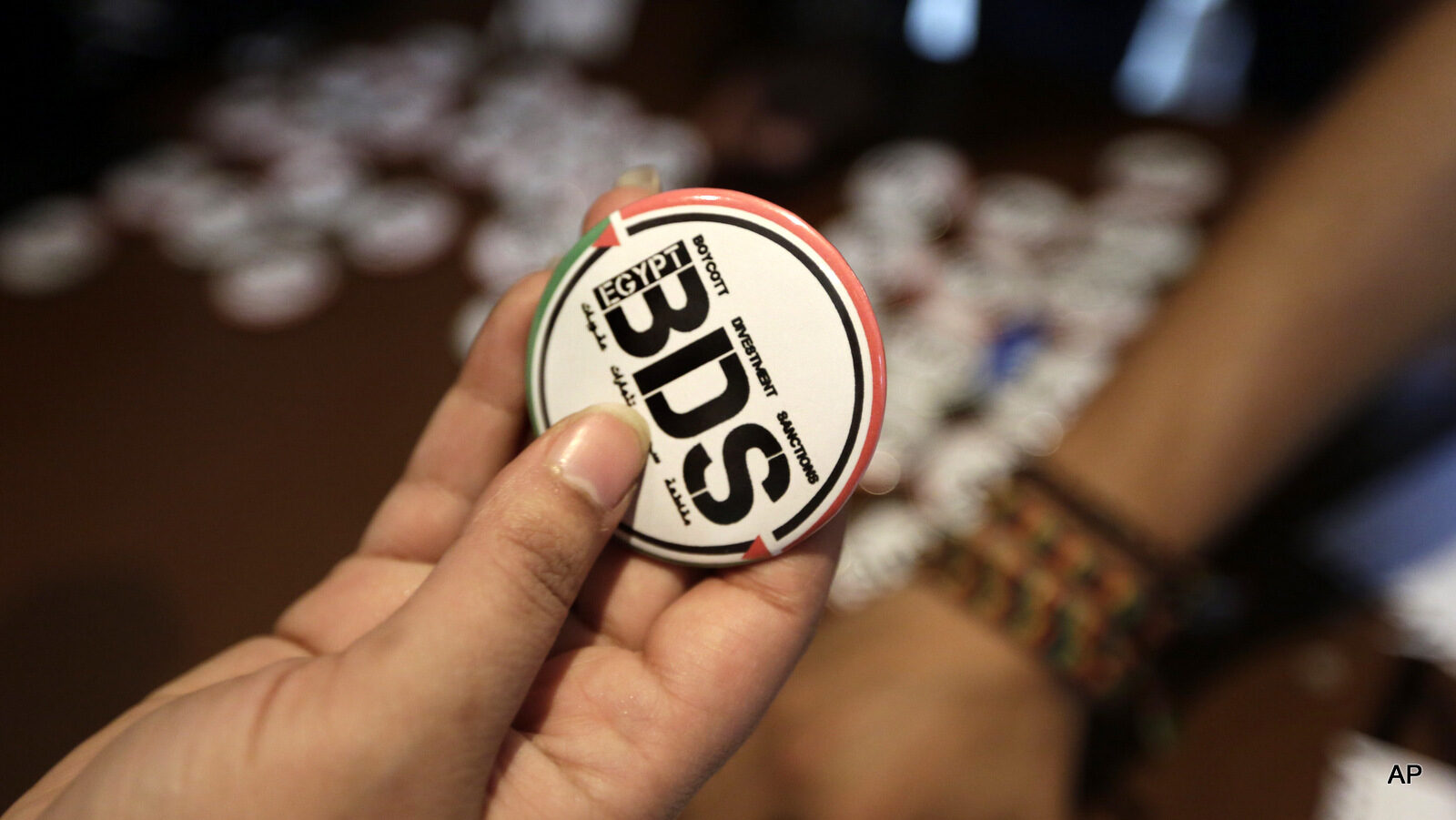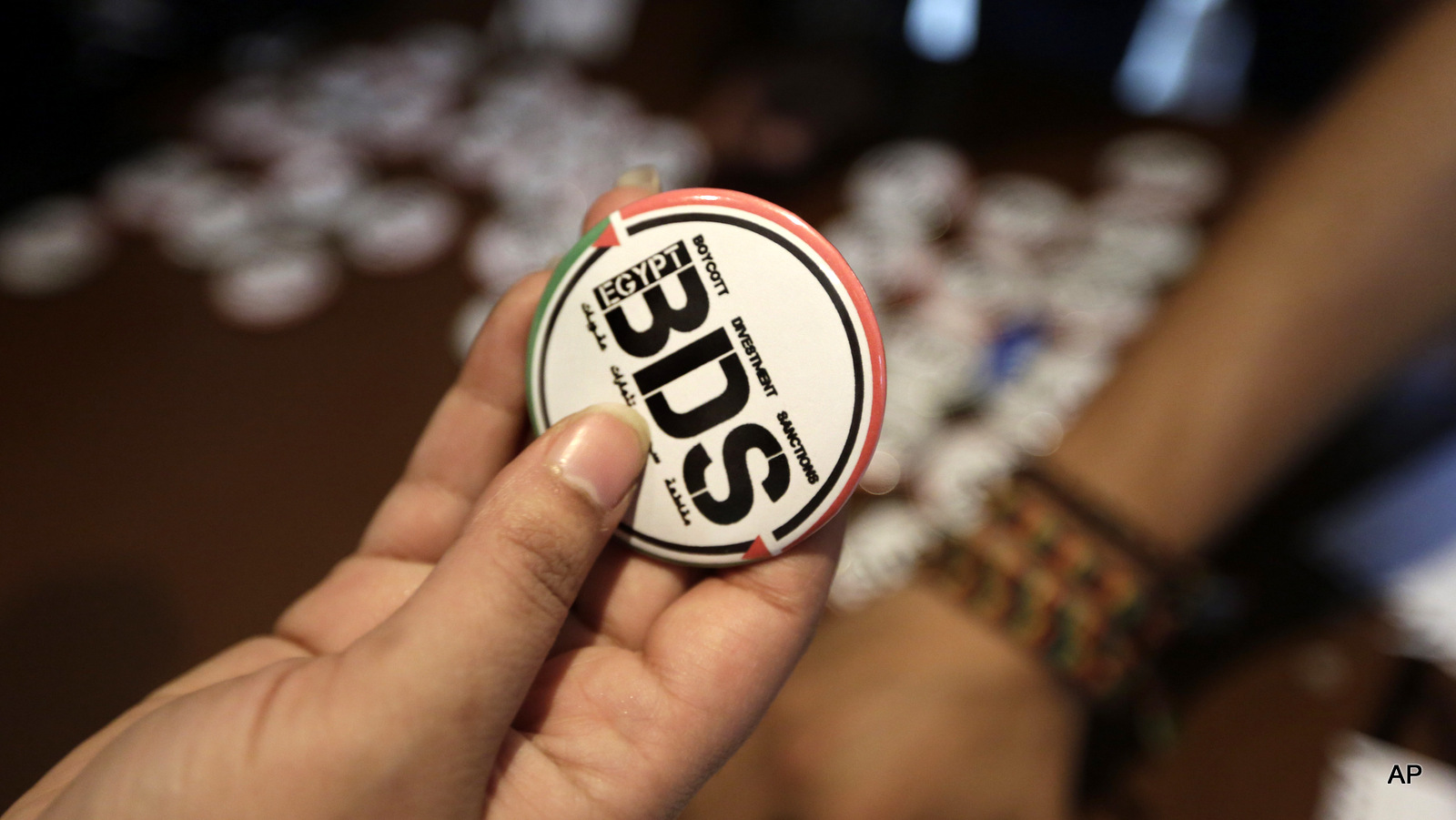
The Israeli government has been ramping up its hawkish rhetoric attacking the Boycott, Divestment and Sanctions (BDS) movement aimed at ending Israeli apartheid and occupation of Palestinian land, a movement which was inspired by the Nelson Mandela’s initiative to end apartheid in South Africa.

This week, Israeli Justice Minister Ayelet Shaked is going on the offensive against an international initiative to boycott Israel’s economy by encouraging consumers not to buy Israeli goods and services, and for tourists to avoid travel to Israel. Shaked said she is preparing to file lawsuits against BDS activists who call for blacklisting the Jewish state. During Israel’s military offensive dubbed Operation Protective Edge last summer, Shaked also called for a genocide against Palestinians on her Facebook page which has since been taken down, stating: ‘This is a war against two people, not a war on terror.’ Shaked adds, Israel must slaughter all Palestinian mothers who give birth to “little snakes.”
The report, which victimizes Israel’s discriminatory policies under the guise of protecting the Jewish state, indicates that Israeli ministry officials believe that legal circumstances present the option of suing activists with “civil and criminal lawsuits for damaging Israeli trade, and for discrimination and racism, based on laws in various countries.”
According to the Times of Israel, Shaked’s recent offensive against BDS anti-apartheid activists is in keeping with statements made earlier this month by Education Minister Naftali Bennett, the leader of her Jewish Home party, who said, “Let it be clear to any company or organization that’s considering boycotting us: We will hit back. We will attack our attackers. We will boycott our boycotters.”
Israel’s Prime Minister Benjamin Netanyahu is not staying silent either.. YNet News reported that a letter from Netanyahu was read during an emergency summit to address BDS, which convened in Las Vegas earlier this month. The letter stated: “De-legitimization of Israel must be fought, and you are on the front lines. It’s not about this or that Israeli policy. It’s about our right to exist here as a free people.”
After the United Kingdom’s National Union of Students passed a divestment motion against Israel, Netanyahu called the move hypocritical, as it’s taken no such action against the Islamic State of Iraq and Syria (ISIS). The prime minister said: “They boycott Israel but they refuse to boycott ISIS. That tells you everything you want to know about the BDS movement.”
Netanyahu and Israel’s minister for strategic affairs and information, Gilad Erdan, have also confirmed that the Israeli government will be boosting efforts to fight BDS, allocating more than $26 million toward such campaigns and the creation of “10 new positions for employees who will deal solely with the boycott and de-legitimization activities against Israel,” YNet reported.
Propaganda campaigns, however, are just the tip of the iceberg for Netanyahu’s government. According to the Times of Israel, Justice Minister Ayelet Shaked will be filing lawsuits against BDS activists, as part of the legal campaign targeting the alleged “delegitimization” of Israel. Shaked’s decision is in line with Education Minister Naftali Bennett’s comments earlier this month: “Let it be clear to any company organization that’s considering boycotting us: We will hit back. We will attach our attackers. We will boycott our boycotters.”
Why is BDS such a threat?
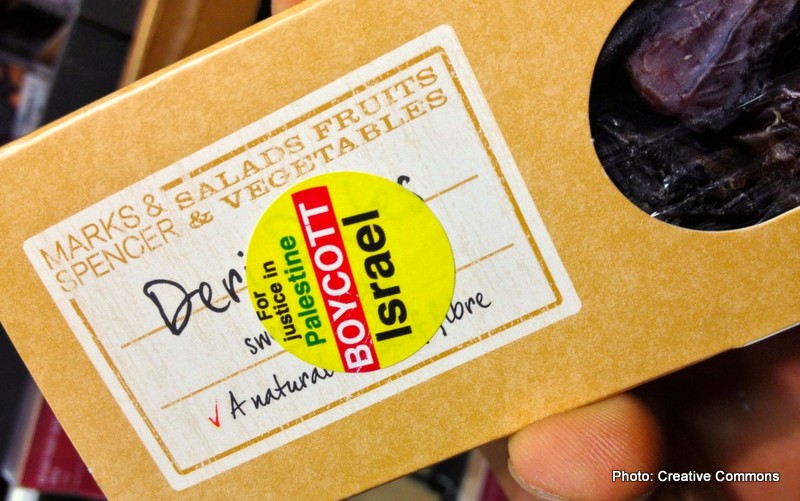
A Palestinian civil society initiative that started in 2005, inspired by the South African movement led by Nelson Mandela which led to the end of Apartheid there, the BDS movement quickly gained momentum as an alternative form of global resistance against Israel’s constant illegalities — including its colonization of Palestine, apartheid laws and war crimes. Utilizing international law as a premise, the BDS movement calls for an end to the occupation and colonization of 1967 territory, recognition of fundamental rights for Arab-Palestinian citizens, as well as the implementation of the Palestinian right of return for the more than 6.5 million Palestinians displaced worldwide since the Zionist state was created in 1948.
BDS works to bring attention to, and subsequently inspire the public to boycott, Israeli-made products, especially those made in occupied Palestinian territories. It also calls on the international community to not travel to Israel while sanctioning its economy in order to end Israeli apartheid and occupation. BDS costs Israel an estimated $4.7 billion, which is why the Israeli government is doing whatever it can to thwart this peace movement.
Meanwhile, the movement is also having an impact on foreign companies with business in Israel. The French company Veolia announced in April that it was selling its business activity in Israel, after being targeted for boycott and losing important contracts. The boycott, which started in 2008, eventually led Veolia to sell its water, waste and energy contracts to a U.S.-based firm. However, as Veolia still retains the Jerusalem Light Rail, the boycott against the company is set to continue.
Orange telecom: Boycott or get bullied
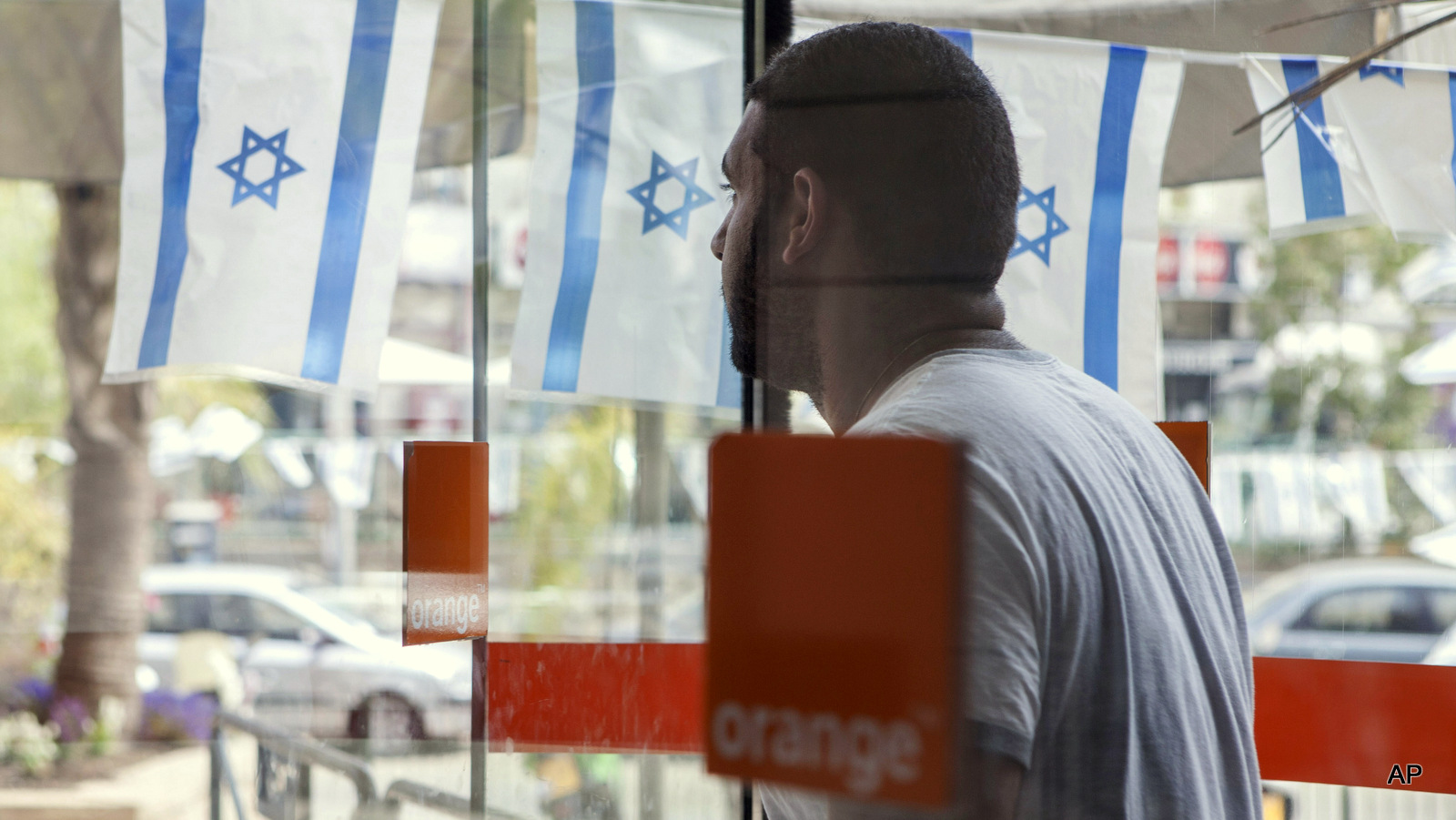
The frenzied propaganda coming out of Tel Aviv accelerated after the French telecom giant Orange announced its decision to cut ties with Israeli operator Partner early this month. Following an uproar in the media, Orange CEO Stephane Richard was invited to Israel to explain his decision.
Subsequent comments by Richard attempted to mellow or justify the move by stating that there was no political motivation behind the company’s decision. Richard told AFP in an email, “Orange does not support any form of boycott, in Israel or anywhere else in the world,” adding that the company was “in Israel to stay.”
Yet Partner rejected Richard’s clarification. “His offensive statements, apologies, vague wording and evasiveness continue to cause enormous damage to the Orange brand in Israel and harm Israeli citizens,” Partner said in a statement.
Meanwhile, as Israel frantically sought to counter Orange’s decision, which was shaping up to offer greater exposure for the BDS movement, France availed itself of the opportunity to reiterate its support for the Zionist colonization of Palestine. In a conversation with Netanyahu last week, French President Francois Hollande declared his opposition to BDS, noting the importance of protecting economic ties with Israel.
Israel has blamed Orange’s decision on a May publication from the International Federation for Human Rights (FIDH), a project undertaken by French NGOs in collaboration with Palestinian NGO Al-Haq. The publication, “Orange’s Dangerous Liaisons in the Occupied Palestinian Territories,” provides a detailed overview of the company’s activities in and dealings with Israel, as well as the repercussions for Palestinians, through a discussion of Orange’s responsibilities under the United Nations’ Guiding Principles on Business and Human Rights and the Organization for Economic Cooperation and Development Guidelines for Multinational Enterprises. Both stipulate the responsibility of enterprises to avoid contributing to human rights violations, as well as prevent unintended consequences for human rights.
Additionally, the U.N. Working Group on human rights and transnational corporations and other businesses clearly outlines the responsibilities of companies doing business with Israel in the occupied territories, advising termination of deals if a company is unable to avoid becoming embroiled in human rights violations. The FIDH report notes this excerpt from a statement from the Working Group:
“Business enterprises doing business, or seeking to do business, in or connected to the Israeli settlements in the OPT need to be able to demonstrate that they neither support the continuation of an international illegality nor are complicit in human rights abuses; that they can effectively prevent or mitigate human rights risks; and are able to account for their efforts in this regard – including, where necessary, by terminating their business interests or activities.”
According to FIDH, Palestinian Chief Negotiator Saeb Erekat wrote to French foreign minister Laurent Fabius after the report was published, denouncing the links between Orange and Partner.
What do France, Israel and the Palestinian Authority have in common?
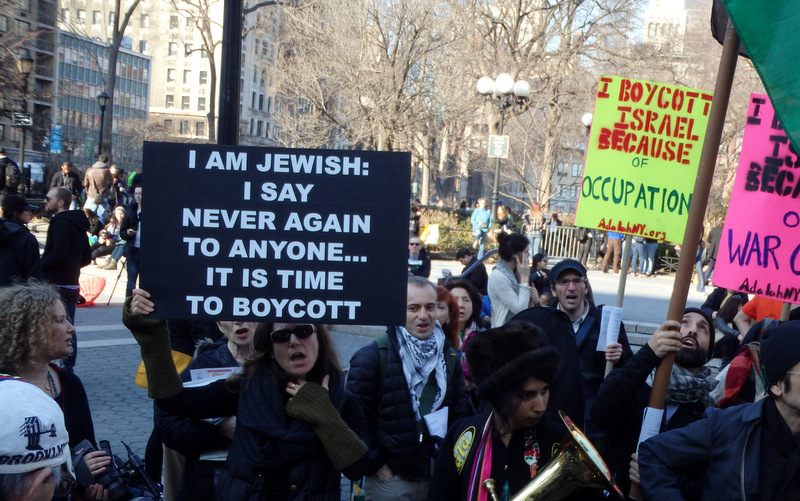
As regards to BDS, France and the Palestinian Authority continue to invest in a charade that ultimately brings about the deterioration of Palestinian rights. Both entities actively collaborate with Israel in its colonization of Palestine, particularly through the recent deluge of draft resolutions to the U.N. Security Council.
While the PA now appears to be endorsing BDS, in December 2013 PA President Mahmoud Abbas declared any boycott of Israel as contradictory to PA politics. Speaking in South Africa, Abbas emphasized: “No we do not support the boycott of Israel. But we ask everyone to boycott the products of the settlements. Because the settlements are in our territories. It is illegal. … But we don’t ask anyone to boycott Israel itself. We have relations with Israel, we have mutual recognition of Israel.”
Abbas’s comments sparked outrage among Palestinians and international activists supporting BDS as one of the tools available to counter Israel’s illegal presence and expansion.
Meanwhile, it’s worth remembering that following the formation of the Palestinian unity government, France played a prominent role that resulted in the drafting of U.N. Security Council resolutions at the request of the PA. In March 2007, Fabius declared there was no other solution to the “conflict,” and he asserted that France would push for the resolution to be submitted to the Security Council in the aftermath of the Israeli elections. All resolutions so far have focused on the two-state paradigm and a timeframe to end the “occupation” as opposed to colonization, thus safeguarding Israel’s illegal existence.
Consequently, the draft resolutions stand as testimony to France’s support for Israel — both in negotiations regarding the two-state compromise, as well as in the recent hype over Orange’s decision, which may or may not have been influenced by the BDS movement. In a statement published by AFP, Fabius said, “Although it is for the President of the Orange group to determine the commercial strategy of the company, France is firmly opposed to the boycott of Israel.”
The French foreign minister’s statement on the telecom giant’s decision to pull out of Israel makes clear France’s decision to support Israel even against the preferences of French companies. Taken within a wider context, it is clear that France will continue to pursue its role in the negotiations for a hypothetical two-state scenario — allowing France to garner undeserved visibility with regard to Palestine in its role as collaborator with the PA in favor of Israel’s existence.


